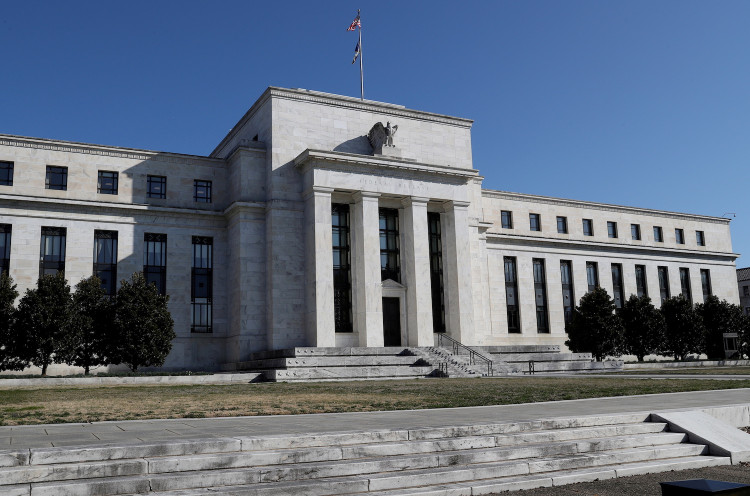American financial firms who sought to handle both crypto transactions and standard banking services were previously forced to choose one or the other. However, that may soon be amended.
On Monday afternoon, the United States Federal Reserve issued formal instructions to manage the process by which "institutions delivering new forms of financial products or with novel charters" may be awarded so-called "master accounts," a critical financial status that permits direct payments to and access to the Fed.
The word "cryptocurrency" appears only once in the 49-page 'Final Guidance' of the Federal Reserve, while discussing the innovative entities that may seek master accounts under these guidelines. The subtext of Monday's announcement, however, is intimately tied to the cryptocurrency sector.
Custodia, a cryptocurrency bank created by the former managing director of Morgan Stanley, Caitlin Long, filed a lawsuit against the Federal Reserve in June, citing a 19-month delay in the Fed's processing of the bank's application for a master account.
The application paperwork for a master account from the central bank specifies an usual turnaround time of five to seven working days.
The postponement is likely due to the Fed's confusion regarding how to extend traditional banking privileges to crypto-native organizations such as Custodia and Kraken. Kraken's application for a master account has yet to get a response.
In January, Chairman of the Federal Reserve Jerome Powell attributed the delay to the "very precedent-setting" nature of such a decision.
The central bank is optimistic that Monday's rules would simplify the application assessment process for "novel" institutions such as Custodia and Kraken.
"The new standards establish a consistent and transparent procedure for evaluating requests for Federal Reserve accounts and access to payment services in support of a safe, inclusive, and creative payment system," Vice chair of the Fed Lael Brainard disclosed in a statement.
The recommendations establish a tiered structure that categorizes applicant institutions according to their apparent level of risk.
Tier 1 would include federally insured applicants, while Tier 2 would include institutions that are not federally insured but are subject to federal prudential supervision.
Tier 3 institutions are neither federally insured nor subject to prudential supervision; rather, they are subject to "a supervisory or regulatory structure that is fundamentally different from, and potentially weaker than... federally insured institutions."
Custodia, Kraken, and other such cryptocurrency banks would certainly be classified as Tier 3 institutions.
Such a tiered approach is broadly compatible with language proposed by the central bank in 2021, but not approved.





